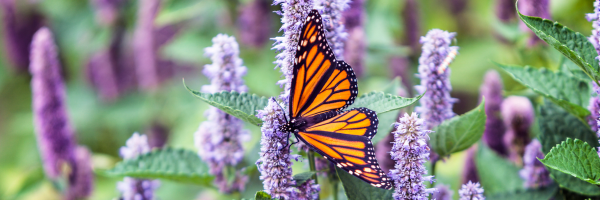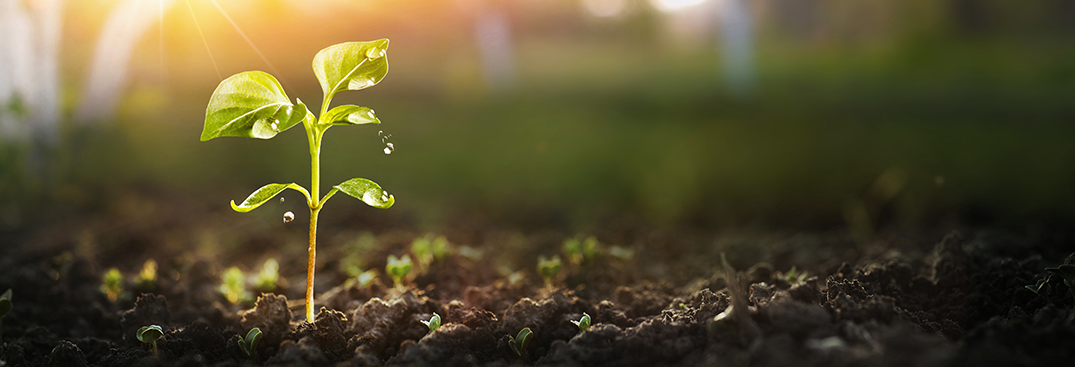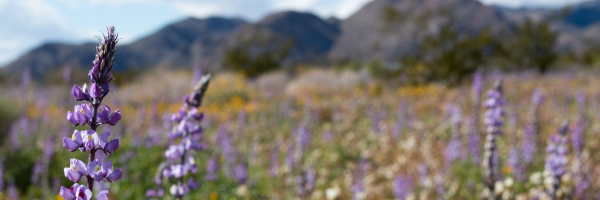Climate Crisis, Human Journey: A Faithful Response to Migration
As people who care deeply about the climate crisis and our sacred creation, we cannot ignore the connections between human migration and what is happening to the earth. Our country is the largest historical contributor to climate-changing emissions globally. As such, we are profoundly shaping the instability of ecologies and economies that displace people all over the world – only to then reject and vilify those who are displaced and seeking livable and workable conditions in our midst.
Rev. Dr. Lorraine Cineceros speaks poignantly of our country’s present crisis of migration in a public prayer, excerpted below:
Holy Creator of the Unbordered Sky—
We come to you today not in peace,
but in protest.We come carrying names they won’t say on the news,
wrists red from zip ties,
hearts scarred from history,
and prayers thick with the sound of our ancestors
saying “Again?” (full prayer here)
With new and ancient eyes, we see that the collision of the current adminstration’s immigration policies with the already present realities of climate change are creating conditions for an unprecedented humanitarian crisis of global migration – especially for our siblings in the global south.
As people of faith and conscience, we are called to continually connect the dots between climate and migration. We are called to resist the normalization of taking too much from each other and from the earth. We are called witness to the truth of unbordered skies, unbordered rivers, and unbordered hearts.
We are called to ground ourselves in what is real: migration has always been a holy expression of creaturely existence. Migration is the shape of the monarch butterfly, generation upon generation journeying back and forth from the Rocky Mountain West to the alpine forests of Mexico and everything in between. Migration is the song of the sandhill crane dancing in our fields each winter, departing in the rush of spring – each way, they are following the direction home. Migration is the creative, restless, adaptive impulse of the human family – ever pushed and pulled into new horizons, longing to exchange stories, art, music, food, culture, life, and love amidst the dignity of our differences.
As we lament and resist the conditions that force people from their homelands, may we also recognize and celebrate the gifts of beauty, creativity, insight, connection, healing and community that are meant to flow freely across our so called borders and between our holy and ever-merging lives.
As a part of our moral calling to protect Mother Earth, may we seek to create the conditions in which people are welcomed to the places we call home with the depths of dignity and love expressed at the core of all our spiritual and faith traditions.
Rev. Clara Sims
Assistant Executive Director, NM and El Paso Interfaith Power and Light



